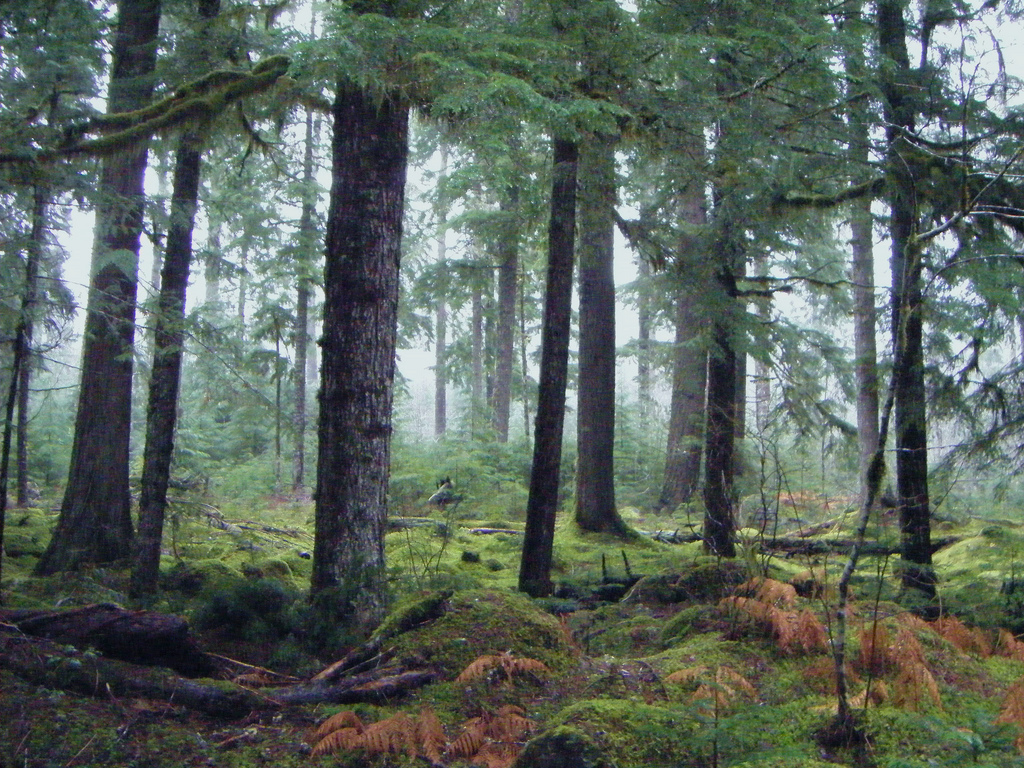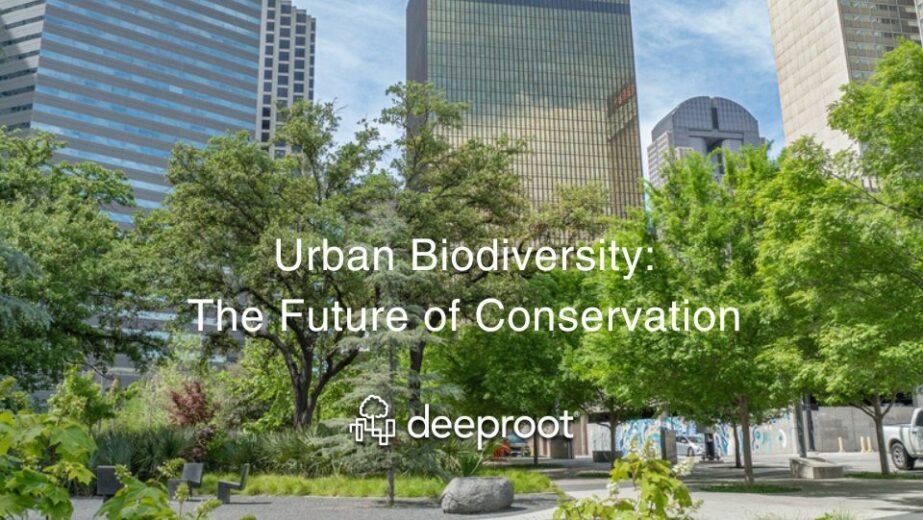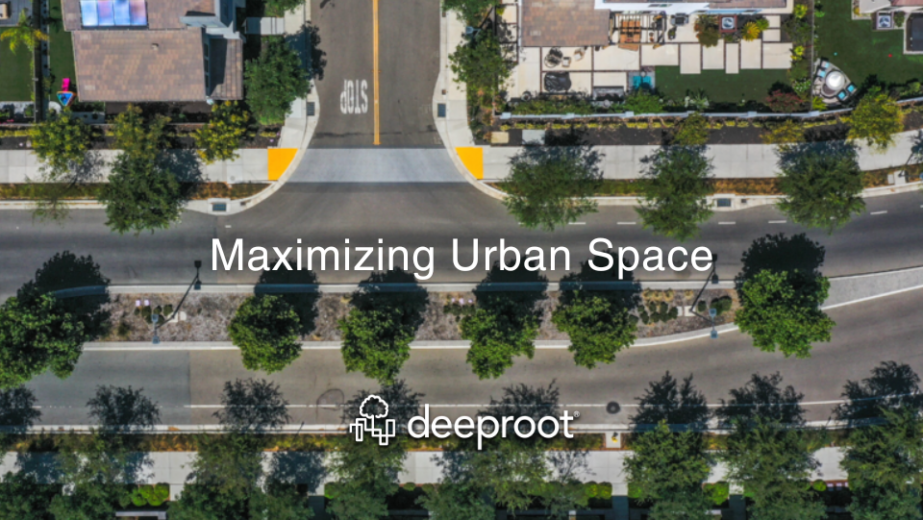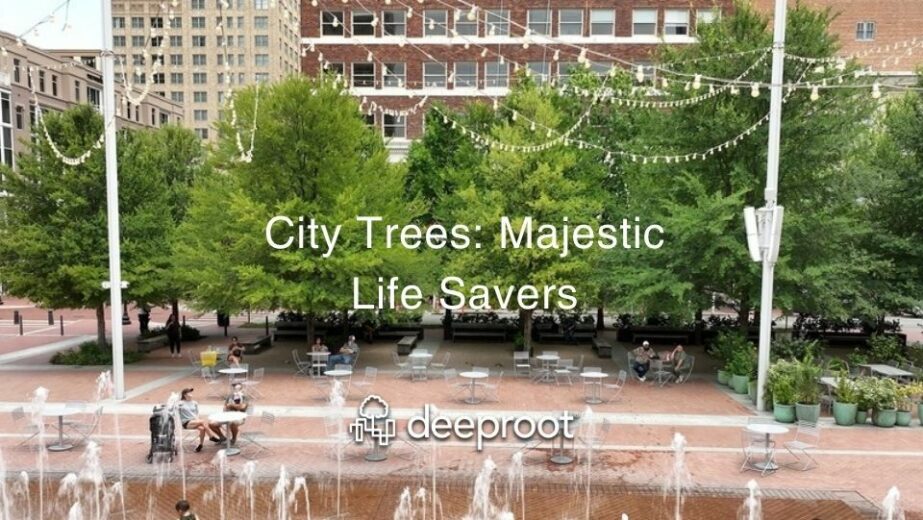The World Forestry Center is a nonprofit educational institution that was founded in Portland, Oregon in 1964. Their mission is to educate and inform people about the world’s forests, trees, and environmental sustainability and to increase public awareness of the benefits of sustainable forestry management – environmental, social and economic.
Rick Zenn is the Senior Fellow for the World Forestry Center, and is an internationally respected educator with more than 30 years professional experience in the field as a naturalist, teacher, program manager, trainer, consultant, and non-profit leader. Zenn leads the regional, national, and international education and outreach initiatives of the organization focusing on partnerships, training, and institutional development. He serves as adviser to the President and CEO and works closely with the director, staff, and forest researchers in the center’s World Forest Institute (WFI). I interviewed Rick about the work that World Forestry Center does.
What does forestry management mean? Is that a term most people you work with understand?
That’s a good question. People love to the litigate individual words – for us, since the beginning, “forestry” it has always meant the full spectrum; everything from intensive plantation-style management all the way to wilderness protection and urban forestry focused on individual trees. We are looking at sustainable development around the world as it applies to forests of all kinds. What separates our organization from many conservation groups is that our forests have people in them, not just animals. People are the problem, but they are also the solution. People are always part of our thinking. For us, forest management isn’t an option, it’s the only option; people aren’t going away.
Finding an equal “balance” isn’t necessarily achievable or always the right thing. Splitting things down the middle may offer a political solution, but is not necessary good science. One of our key values is that we are looking to achieve ANDs, not ORs. It’s not wildlife or people. It’s both. That informs our whole approach.
We are in our 50th year now and we still struggle with the right words to capture what we do and what we value. That struggle is important because things continue to change, so it’s an appropriate struggle.
You were WFC’s education director for many years, and today you lead the regional, national, and international education and outreach initiatives of the organization. Who do you work with?
For many years we have had an research fellowship program where we invite professionals from the global forestry sector to work with us in Portland, for up to a year and conduct applied research on a topic of mutual interest. They’re usually mid-career, although not always. In the last five years I’ve worked closely with our research fellows on range of different projects.
We also have a number of partnerships in the Pacific Northwest and the country. We have worked with the American Forest Foundation for many years and have supporters of the Project Learning Tree (PLT) program which offers forestry and environmental education activities across the country through state associations, agencies, universities, and nonprofits. Together, we developed a curriculum for AP Environmental Studies high school teachers about forests of the world which used now in 40 states.
You mentioned that WFC is also involved in applied research. What are some of the types of research projects you’re involved with?
Our focus is on applied research, as you said. When we set the program up 25 years ago we expected to bring the fellows in to learn from us – and they do – but we also found that we learn just as much if not more from them. They have access to incredible resources here, including face time with high ranking government officials, important business leaders, and people on the ground like private land owners and natural resource managers. Their projects used to be very trade focused, and over time they have broaden to reflect growing interest about environment services, climate change, ecotourism, green building, and conservation biology. We still work on silviculture, manufacturing, and business management issues, but we’re increasingly seeing fellows from developing countries who don’t have the resources or 2-6 years to spend on an advanced degree, so they come here to learn how to do something specific. They come to us with an idea of what they want to study – and that idea often evolves as they explore it further.
You used to chair the Oregon Department of Urban and Community Forestry Council. What were some of the biggest challenges you faced?
World Forestry Center has always been involved in urban forestry, and Portland was one of the West Coast cities that really got on board with citizen involvement with tree planting in the late 1980s. One of the big challenges is that we have one big metro area, Portland, in what is still a very rural state, so it’s very easy for Portland to dominate discussions and for people outside of the city to think they don’t have the same resources to get the job done in their community. You often hear “We’re not Portland” and in many cases “We don’t want to be like Portland.” One of the things I tried to bring to the equation was to break down that urban/rural divide. Fundamentally, we’re trying to bridge that gap with trees. We don’t always call it urban forestry; we call it community forestry – using trees to build community. I’m a big believer in the power of people to come together and do amazing things. We are very proud that Oregon now as 57 TreeCity USA communities certified by the Arbor Day Foundation.
Have you observed changing attitudes about trees in your 30 years of experience?
Yes – people love trees and they really don’t like seeing them cut down. This attitude seems to growing stronger and stronger across the state. We have all kinds of programs for tree planting and park making, so the question becomes how we create equal value for actually taking care of the trees and landscapes we love over the long run. Sometimes we need to cut a tree. That’s the biggest challenge I see right now. It’s probably more about how people fundamentally view “nature.” Change will likely involve people moving to a higher level of thinking. Education will certainly play a role in this transformation. Some people and some communities are beginning to see and understand the value of what we’ve created and accept responsibility that goes along with maintaining those kind of long term investments, but we are not there yet. And, when the economy is weak, nobody can afford to or is willing to pay for it… but that’s another issue!
Are you optimistic about the future?
I am! I always have been. There’s a great parallel between teachers and foresters. We go through rigorous training to get where we are, and then we work on a seasonal cycle. We start over every year. There’s built in learning feedback that is really wonderful. Most professions don’t have that. For me, optimism is inherent in forestry and education, I’m fortunate to be in both.
Flickr credit: McD22






Leave Your Comment